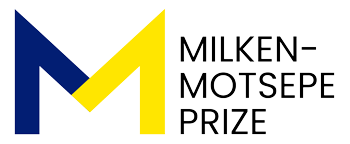In emerging and frontier markets, particularly in rural areas, small and medium enterprises (SMEs), including micro-enterprises (MSMEs), are the backbone of local economies. These enterprises, which represent over 90 percent of all global businesses, contribute to nearly 40 percent of gross domestic product in such economies. In Sub-Saharan Africa, SMEs represent approximately 95 percent of all registered businesses and are drivers of economic progress.
Small and Medium Enterprises (SMEs) play an instrumental role in advancing sustainable development goals (SDGs). They create jobs, reduce poverty, empower women, innovate, and adopt eco-friendly practices, contributing to economic growth, gender equality, and environmental sustainability.
However, SMEs in African markets encounter obstacles when it comes to accessing capital and financial services. With limited access to digital tools, such as internet connectivity and modern software, small businesses face hurdles in conducting transactions efficiently. Additionally, the high costs associated with financial transactions, coupled with stringent identification requirements, further hinder their growth. These challenges create barriers that prevent these enterprises from fully unlocking their potential.
In rural areas, where traditional baking services are scarce, these challenges are more acute. Yet it is in these underserved areas where the promise of entrepreneurship and the potential for business creation are most profound. Addressing these barriers is critical to unlocking the full potential of SMEs and fostering sustainable economic growth across the region.
This is where FinTech can transform the status quo, even for people in remote communities. Technologies like mobile banking and blockchain are showing how innovation can lower transaction costs, streamline financial transactions, and expand access to capital and financial services. In short, FinTech can enable aspiring entrepreneurs to turn their ideas into reality, and in doing so, make great strides in achieving the SDGs.
The Milken-Motsepe Prize in FinTech is designed to leverage the potential of FinTech solutions to break down barriers to financial inclusion and contribute to the achievement of key Sustainable Development Goals (SDGs), including alleviating poverty (SDG 1), promoting human well-being (SDGs 3 and 4), achieving gender equality (SDG 5), and fostering viable economic opportunities for young people (SDGs 8 and 9).


